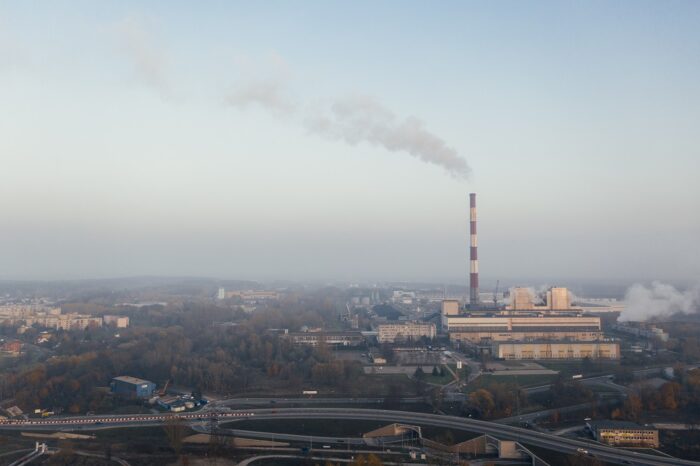There are a lot of policies targeting climate change, but just a few of them appear to achieve real success. A scientific review of 1,500 policies in 41 countries detected only 63 instances where policies or policy mixes had a significant impact on emissions reduction.
Overall, mixtures of several coordinated policies were found to work best.
“We identified a number of policy instruments for which the empirical evidence suggests complementary effects,” said the study, published last week in Science. “These include popular subsidy schemes and regulatory instruments such as bans, building codes, energy efficiency mandates, and labels, for which we found larger reduction effects in policy mixes as compared with the case of a stand-alone implementation.”
In developing economies, where markets are less liberalized and other price distortions exist, pricing interventions, for instance in the electricity sector, have not been as effective in reducing emissions, the study found. Instead, regulations and subsidies have played a more critical role in fostering green technology and reducing costs, particularly in the early stages of climate policy implementation.
In the United States, significant reductions in transportation-related emissions were achieved after the 2008 financial crisis, through a mix of tax incentives for low-carbon vehicles and reforms in fuel efficiency standards, according to the study. This combination proved to be particularly effective, demonstrating the importance of policy synergies in driving substantial environmental gains.
“Some of these most widely used policy instruments are complementary or even reinforcing in policy mixes, which is in line with the theoretical understanding that these specific instruments alone often have a limited scope,” according to the study.
A chance to vote for cleaner air
The record number of elections taking place in 64 countries this year has provided a unique opportunity for the kind of change that will bring in policy solutions targeting emissions reduction and air pollution abatement, according to an article by the World Economic Forum (WEF).
Air pollution has emerged as one of the most pressing public health crises of our time, affecting over 99% of the world’s population. It is a silent killer, responsible for more than 8 million premature deaths annually—more than double the combined deaths from malaria, tuberculosis, and HIV/AIDS, said the WEF article. Beyond the immediate threat to life, air pollution contributes to a host of chronic health issues, including type 2 diabetes, obesity, systemic inflammation, and neurological diseases such as Alzheimer’s and dementia, the article noted.
The elections in 2024 have been providing a critical opportunity for governments to prioritize clean air in their policy agendas. In South Africa, for example, the seismic election results in May led to the formation of a unity government, which now faces immense pressure to tackle the devastating health and environmental impacts of the coal industry.
Yet, as F&E Trends reported earlier this month, there has been a tendency this year among many voters to put more emphasis on economic progress instead of policies to address climate change.
In one of the important remaining elections, in the U.S., the race has become close, and the results of the Nov. 5 election could make a big difference. Republican candidate Donald Trump seems likely to dismantle restrictions on oil and gas production, relax emissions standards, and decrease financial support for electric vehicles and renewable energy. Democrat Kamala Harris seems likely to continue President Biden’s policies targeting emissions reduction.














